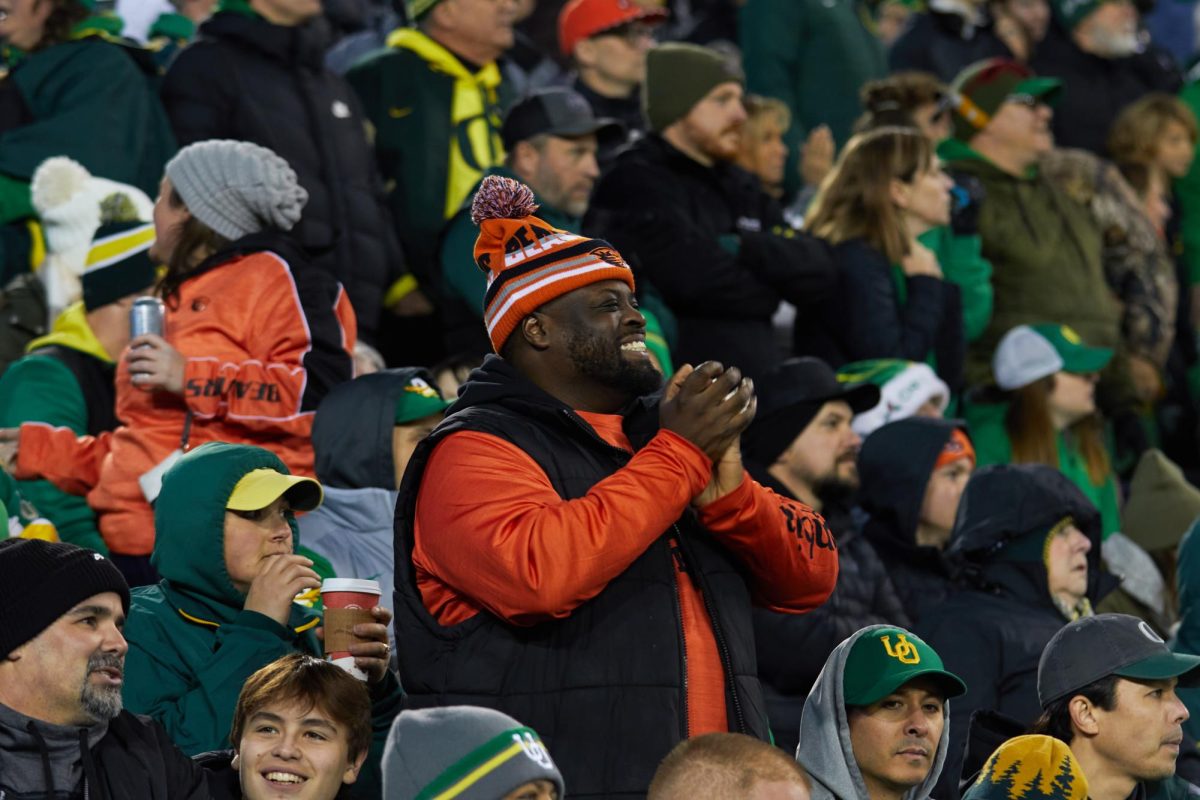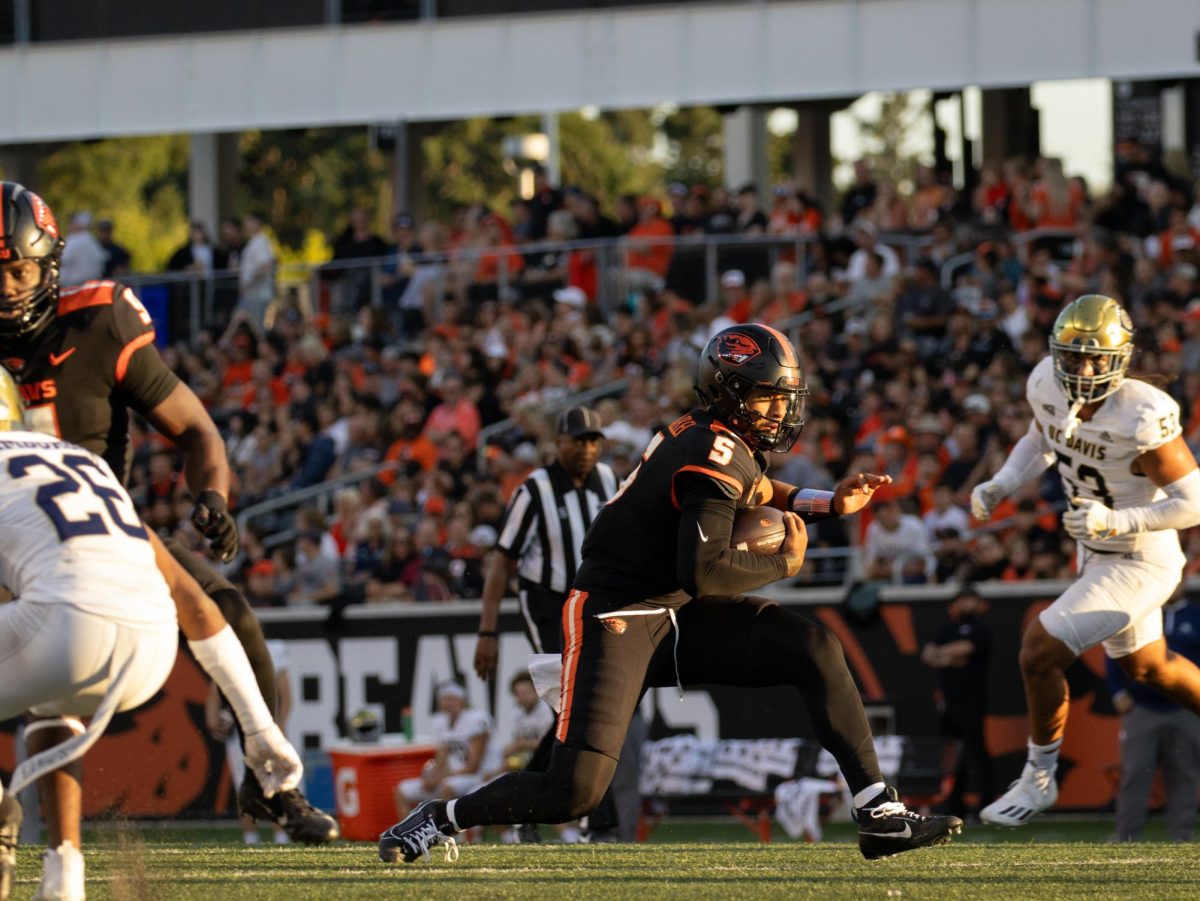From wearing lucky socks to following pre-game rituals, superstitions have woven themselves into the fabric of sporting culture, often playing a pivotal role in the mindset of athletes.
Superstitions can transcend the boundaries of sport, nationality and level of competition. They’re a fascinating blend of psychology, tradition and belief—a force that both skeptics and believers can’t ignore.
They may provide a sense of control in an otherwise unpredictable environment. Take baseball, for instance, where players meticulously follow routines—touching certain bases in a specific order, or wearing the same unwashed jersey during a winning streak.
“(Travis) Bazzana does this. He doesn’t walk in front of the home plate umpire when he goes to the plate and I never did either,” Vance Croney, president of the American Legion Baseball program in Corvallis said. “And I thought about it and wondered, ‘Why did I do that?’ Partly because I wanted to be the last person getting into position … I guess that was my own little quirk, I wanted people waiting on me.”
In almost any sport you turn to, in some form or another, that sport holds superstition—from the minuscule to the grandiose, the few to the many, but arguably no sport holds more superstition than baseball.
Why is that?
“There are long stretches where baseball players are by themselves … your closest teammates are 110-120 feet away … so you’ve got a lot of time to be in your head,” Croney said. “And once you get to thinking, your mind goes in an infinite number of directions.”
Other sports like basketball, football and volleyball don’t offer much time to ponder the thoughts circling in your head.
“You don’t get that chance in basketball and you sure don’t get that chance in soccer … So I think a lot of (forming superstitions) is due to the downtime players get,” Croney said.
Beyond individual rituals, superstitions can become embedded in team culture. Locker room traditions, rallying cries or even specific seating arrangements on the team bus can evolve into rituals that unite the team and strengthen their bond.
The shared belief in these superstitions fosters camaraderie and serves as a reminder of the collective goal they’re striving to achieve.
However, the influence of superstitions in sports extends beyond the players to the fans. Supporters have their own rituals—wearing lucky jerseys, sitting in a particular spot or performing specific routines while watching games.
“It’s a two-way street; fans supporting the team and the team supporting the community,” Croney said. “Repping that community nationwide gives you a different story for the consumer to consume other than your local troubles.”
The collective energy of thousands of fans, all believing in a shared superstition, can create an atmosphere that some believe influences the outcome of a match.
“It’s tradition (that) the women’s basketball team here at OSU that at the end of games, they’ll have a 12-minute mingle,” Croney said. “It’s always the kids, that’s how you build a connection. Those little girls, those little boys … maybe they get an autograph and now they put it on their wall and they become not just Beaver fans, but women’s basketball fans. That builds community and pride in Corvallis.”
Superstitions in sports are a testament to the intricate relationship between the human mind and athletic prowess. They serve as a reminder of the power of belief, the comfort of routine and the unexplainable mysteries that add an extra layer of intrigue to the world of sports.
Whether these superstitions hold genuine power or merely act as a placebo effect, one thing remains certain—they are an inseparable part of the captivating drama that unfolds on the field, court or pitch.
















































































































